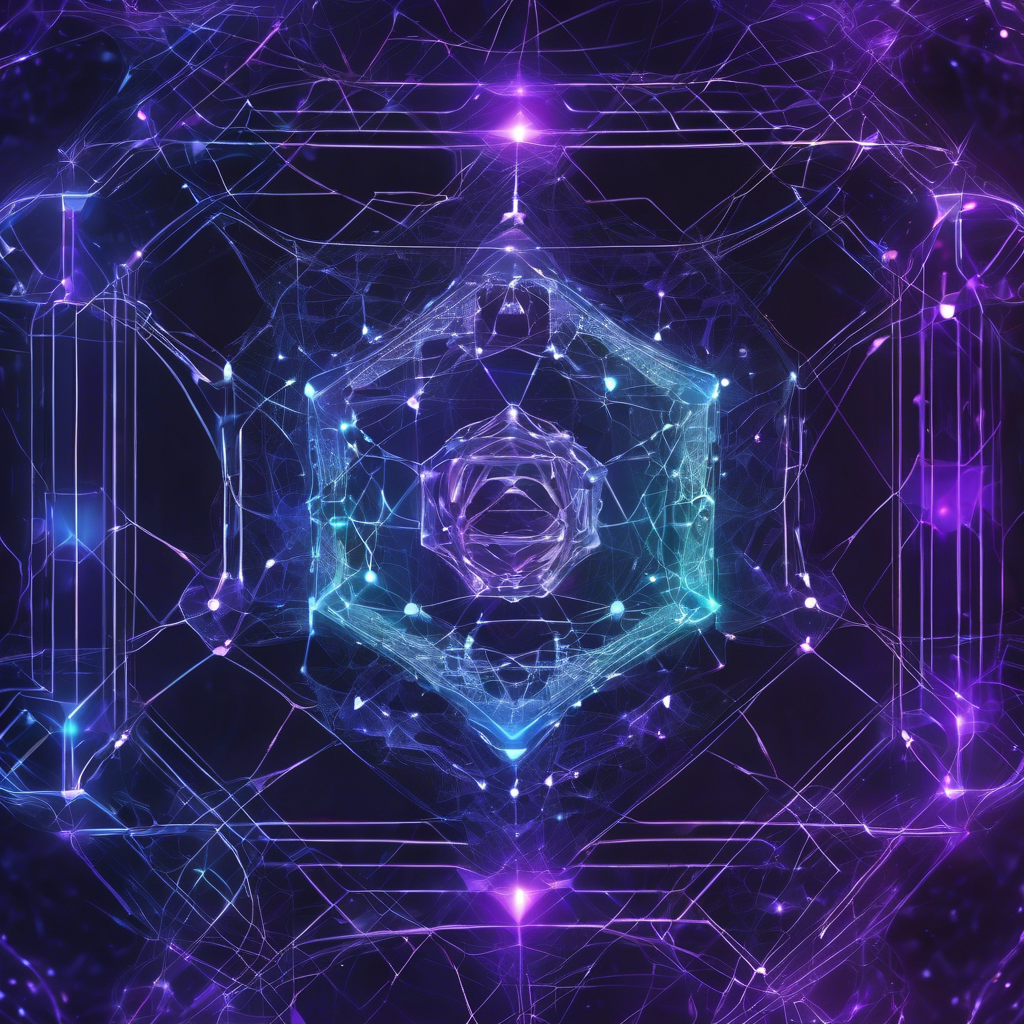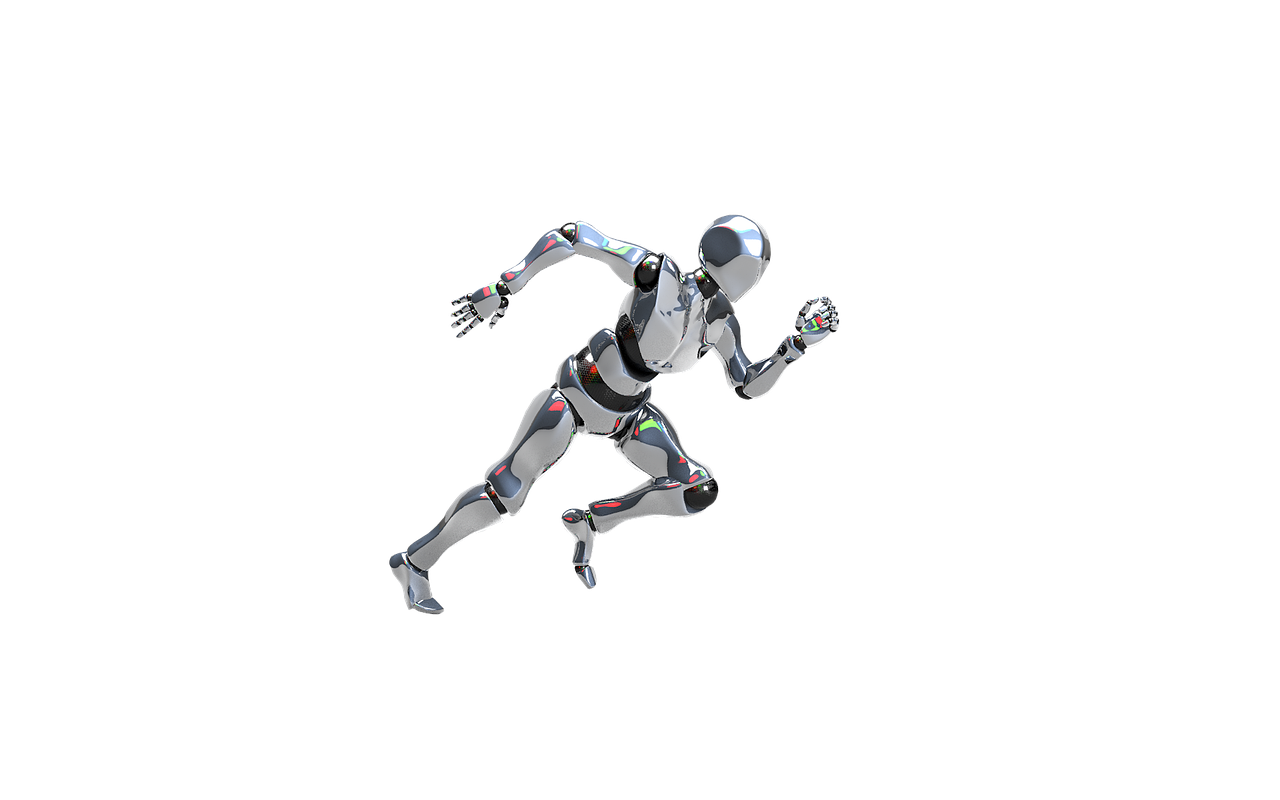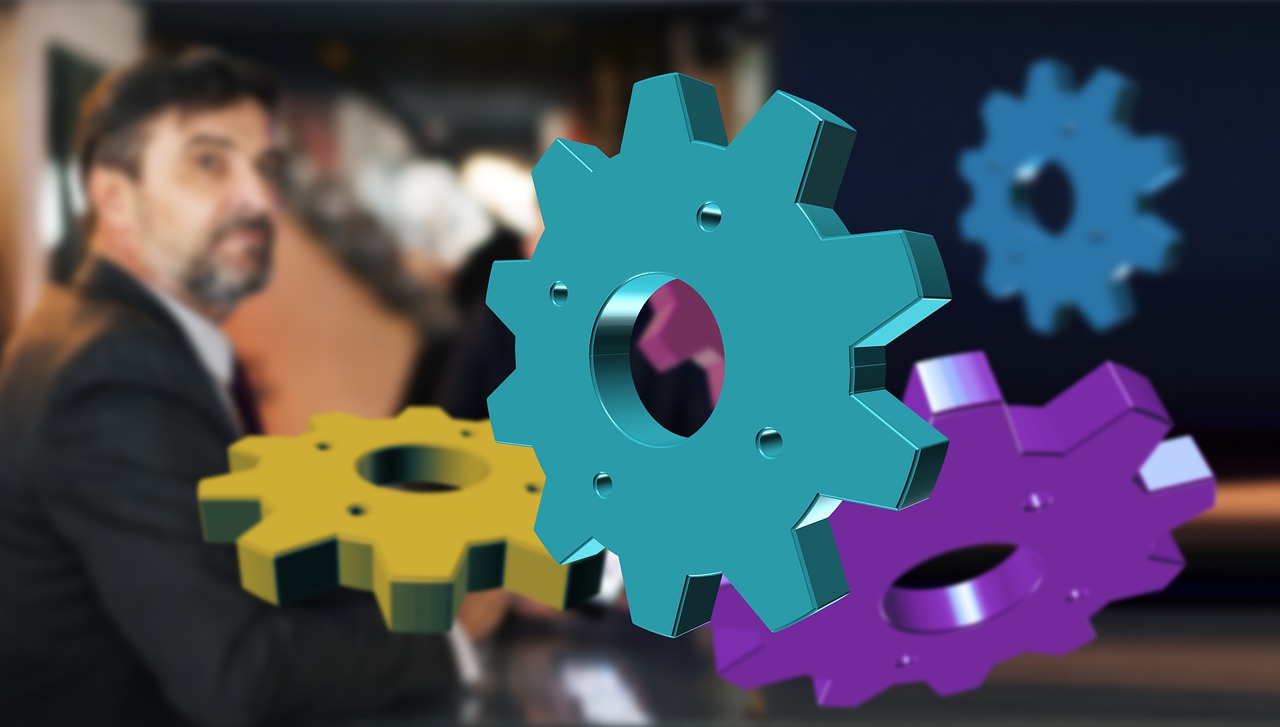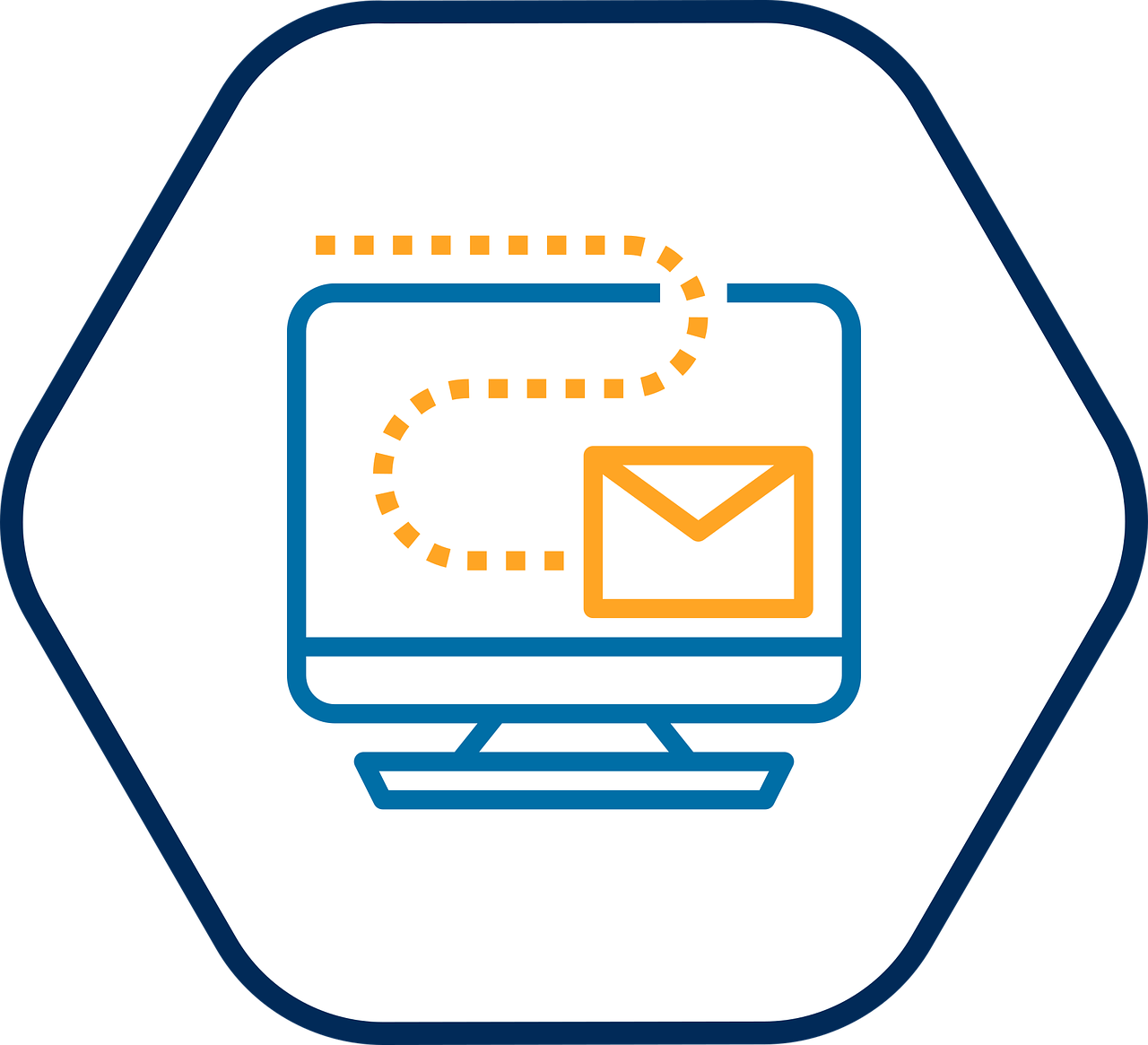Revolutionary Quantum Blockchain Mining Prototype Unveiled by D-Wave

Brief news summary
D-Wave researchers have unveiled an innovative blockchain prototype that leverages quantum computing for its mining processes, introducing a novel consensus mechanism dubbed "proof of quantum work." This approach seeks to replace traditional, energy-intensive mining methods with quantum calculations, leading to substantial operational efficiency. Their research, published on arXiv, confirms that this blockchain operates entirely on quantum resources and utilizes specialized hashing techniques designed for quantum hardware, effectively tackling the challenges of quantum uncertainties while ensuring stability. In stark contrast to conventional proof of work systems like Bitcoin, projected to consume 176 terawatt-hours by 2024, D-Wave’s quantum mining technique requires only 0.1% of that energy—potentially increasing efficiency by up to 1,000 times. Additionally, the quantum framework supports scalability and consensus, even under quantum-related uncertainties. Early tests demonstrated that D-Wave's quantum processors reached consensus on more than 70% of processed blocks. Though still in the prototype stage, this quantum blockchain could drastically lessen cryptocurrencies’ environmental footprint, highlighting the transformative potential of quantum computing. However, challenges regarding cost and security persist, posing obstacles for future implementation and commercialization.**Insider Brief** Researchers from D-Wave have created and tested a blockchain prototype that utilizes quantum computing for mining via a novel consensus mechanism, termed proof of quantum work (PoQ). This system replaces traditional energy-intensive mining methods with quantum computations that classical machines cannot manage, demonstrating stability across four quantum processors. The experimental results indicate that the blockchain maintained consensus and achieved up to 75% mining efficiency, suggesting a promising direction for a scalable and energy-efficient blockchain framework. This development represents a significant use of quantum supremacy in real-world blockchain applications. Their study, recently released on arXiv, describes how the PoQ mechanism replaces the classical "proof of work" system. Quantum computers tackle complex problems that classical machines struggle with, making mining uniquely available to quantum systems. The researchers have introduced various quantum hash generation methods adaptable to different quantum hardware capabilities while ensuring blockchain stability against the probabilistic nature of quantum computation. The prototype was operated on four D-Wave quantum processors across North America, showcasing stable blockchain functionality during extensive hashing operations. **A Shift in Blockchain Mining** Traditional proof of work (PoW) mechanisms secure blockchains by requiring substantial computational efforts to prevent cheating, leading to significant energy consumption. Bitcoin mining alone is forecasted to consume nearly 176 terawatt-hours in 2024—more than Sweden's yearly electricity use. The researchers argue that the PoQ method could significantly reduce energy use by utilizing quantum computations that are much more energy-efficient—about 0. 1% of the cost of traditional mining, potentially making it 1, 000 times more efficient. The quantum blockchain also improves scalability and mining efficiency, maintaining consensus stability despite the inherent uncertainties of quantum computations. It incorporates quantum operations into the existing blockchain framework, closely aligned with Bitcoin's architecture. **How The Quantum Blockchain Works** Unlike classic miners who solve cryptographic puzzles using GPUs or ASICs, this quantum blockchain generates unique hashes through probabilistic quantum mechanics. Data is encoded in a quantum system, allowing complex transformations that create the hash. To manage the uncertainty of quantum outcomes, a “probabilistic validation” method assesses the validity of quantum hashes based on statistical confidence.
This approach modifies how forks are handled, assigning negative work to invalid blocks, which helps maintain network consistency. **Experimental Results** The system was tested using four D-Wave Advantage quantum processors, focusing on problems exceptionally challenging for classical systems. Each quantum computer processed blocks, with miners adjusting nonces to find compatible hashes, similar to Bitcoin mining, but only quantum computations could produce eligible hashes. Throughout the tests, over 100 miners participated, processing 219 block broadcasts, with more than 70% achieving consensus and becoming immutable. The strategy using confidence-based validation outperformed simple binary validations markedly. **Near-Term Quantum Application** This quantum blockchain offers a solution to the environmental impacts of digital currencies and incentivizes the early adoption of quantum computers. The main limitation is the cost of quantum computing, which currently remains high. So while energy use is decreased, the viability of PoQ for large-scale deployment is uncertain. As quantum technologies improve, costs may become more manageable. D-Wave’s blockchain uses quantum annealing, differing from the gate-based systems pursued by firms like IBM and Google, and while beneficial, its application is currently more specialized. The security of this system poses additional challenges due to the probabilistic nature of quantum hashes, which complicates consensus. Future improvements could integrate advanced quantum features to enhance security and reliability. The research is yet to undergo peer review, indicative of the rapid development in the quantum computing field. The research team includes prominent D-Wave scientists, all contributing to this groundbreaking work.
Watch video about
Revolutionary Quantum Blockchain Mining Prototype Unveiled by D-Wave
Try our premium solution and start getting clients — at no cost to you















